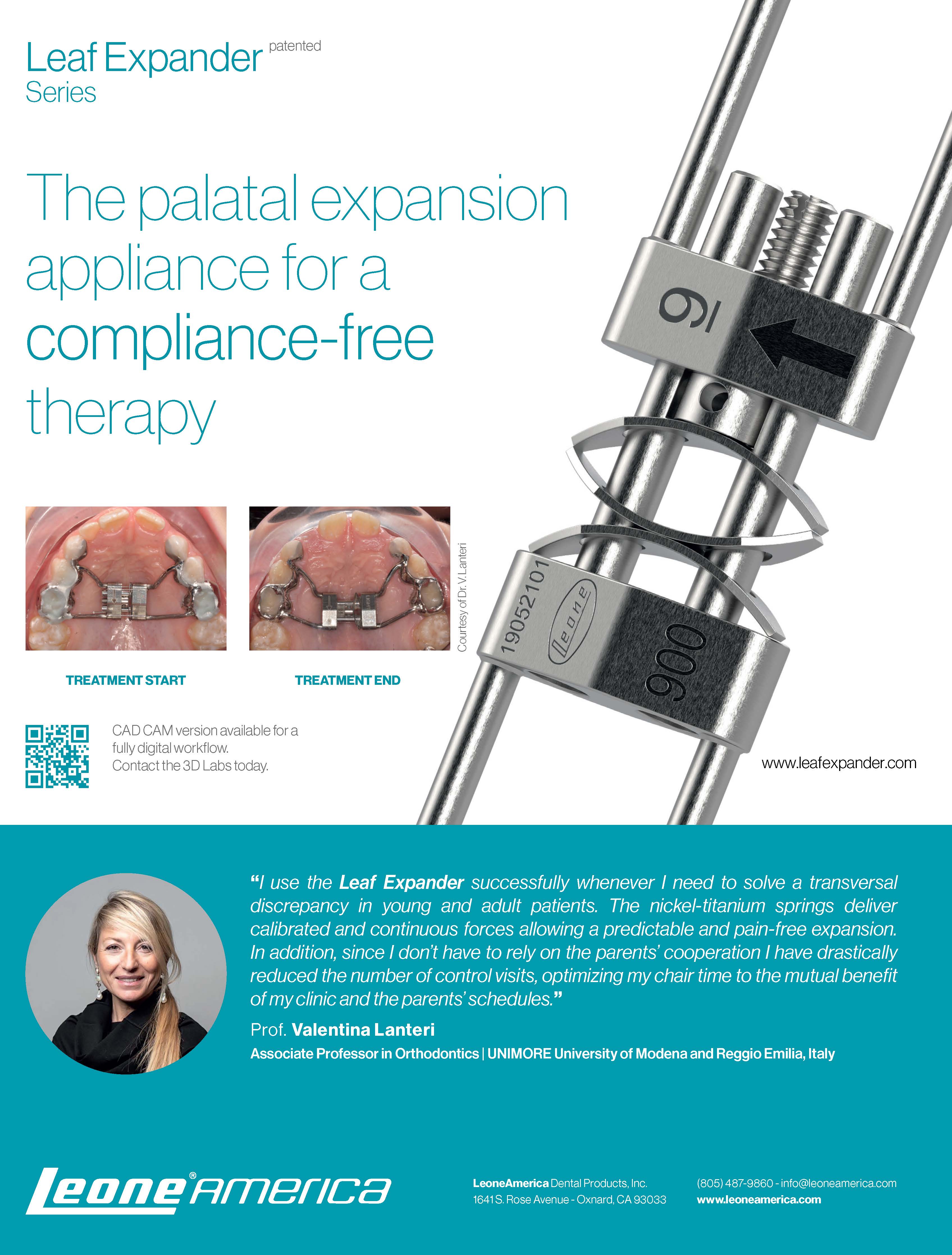“Ethical fading” occurs when people subconsciously overlook ethical considerations in decision-making. This behavior is typically caused by focusing on other aspects of a decision, such as profitability or beating the competition, but it can also be a result of cognitive overload due to chronic stress. In the simplest terms, ethical fading is a form of self-deception that allows people to behave immorally while maintaining the conviction that they are good and moral.
Ann Tenbrunsel, a professor of business ethics at the University of Notre Dame, and David Messick, professor emeritus at Northwestern Universityʼs Kellogg School of Management, have identified three common ways people or businesses are able to use self-deception to engage in unethical behavior: language, distancing, and chain reactions.1
First, people use euphemisms to separate themselves from the ethical impact of their decisions. For example, Amazon would never “spy” on its customers; instead, it performs “data mining,” which seems more acceptable. Likewise, “doctorless treatment” is outside our ethical framework as orthodontists, but delegating ClinChecks to an “Invisalign assistant,” or offering virtual consultations and remote treatment monitoring to provide patients with “increased access to care,” is seen as progressive.
Second, people distance themselves from the chain of causation, thus freeing themselves from ethical responsibility. For example, they blame “the system” or other individuals. Orthodontists who provide pediatric expansion under the guise of airway treatment proclaim, “We are not doing anything wrong; it’s the professional standard.” If they cause iatrogenesis or exhaust the patient’s orthodontic finances, they fall back on the excuse that “the family had a choice.”
Third, the slippery-slope phenomenon describes how people unconsciously lower their ethical standards over time through incremental changes in behavior. This commonly occurs due to workplace pressures. For example, if someone in an office appears to get away with unethical behavior, someone else may notice that and choose to emulate the behavior. Dental corporations owned by private-equity firms focused on earnings and prone to overmedicalization are particularly susceptible to slippery-slope thinking.
Simon Sinek, author of The Infinite Game, who recently collaborated on a leadership project with the AAO, perfectly summed up ethical fading as “a condition in a culture that allows people to act in unethical ways in order to advance their own interests, often at the expense of others, while falsely believing that they have not compromised their own moral principles. Ethical fading often starts with small, seemingly innocuous transgressions that, when left unchecked, continue to grow and compound.”2
Needless to say, ethical fading has multiple consequences, including damage to one’s reputation and various legal implications, in addition to the normalization of unethical behavior. Such behavior can also be extremely difficult to reverse. According to Sinek, to mitigate ethical fading, one must encourage open communication with one’s team about moral dilemmas, establish a culture that values integrity, and work toward a greater purpose of helping others.
People whose ethics have faded are sometimes asked, “How do you sleep at night?” Actually, they sleep just fine, because they don’t believe they have operated outside their moral limits—this is the essence of ethical fading. Orthodontists need to resist ethical fading in many areas, including competition, airway treatment, and abuse of virtual appointments. As the saying goes, the first principle of ethics is that you mustn’t fool yourself, and you are the easiest person to fool.
NDK
REFERENCES
- 1. Tenbrunsel, A.E. and Messick, D.M.: Ethical fading: The role of self-deception in unethical behavior, Soc. Justice Res. 17:223-236, 2004.
- 2. Sinek, S.: The Infinite Game, Portfolio/Penguin, New York, 2019.



COMMENTS
.